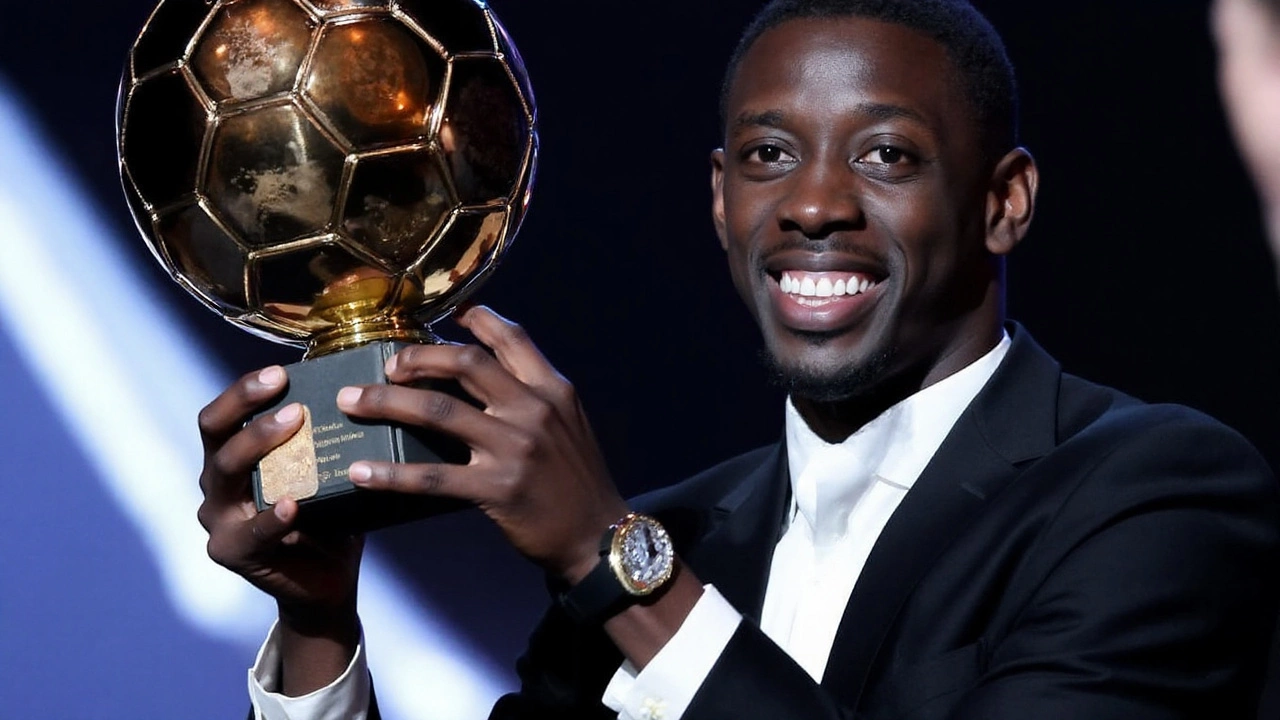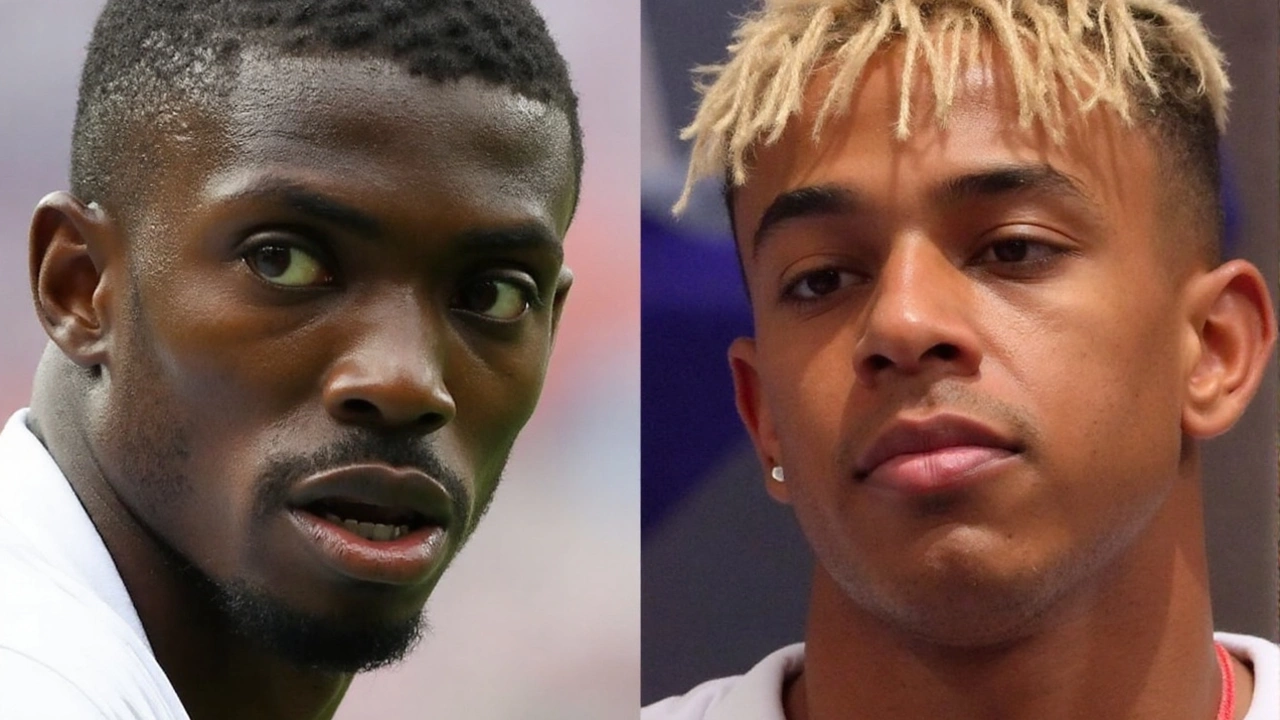Dembélé's Road to Redemption
When Ousmane Dembélé stepped onto the stage at Paris’s Théâtre du Châtelet, few expected the ovation he received. After a career marred by recurring injuries and flashes of brilliance that never quite stuck, the 28‑year‑old finally proved he belongs among the game’s elite. The French winger’s decisive moments in Ligue 1, the Champions League and the French national team earned him the top vote from a panel of 100 international journalists.
His turnaround began two seasons ago when PSG’s medical staff finally nailed a regime that kept his hamstrings and ankles in check. With fitness secured, Dembélé rediscovered the speed and dribbling that made him a hot prospect at Barcelona years earlier. A string of match‑winning performances – especially his decisive brace against Bayern Munich in the semifinals – turned doubters into supporters and pushed his name to the front of the Ballon d’Or conversation.
Even his critics admit the season was a masterclass in consistency. He logged 12 goals and 14 assists across all competitions, while also contributing defensively with an impressive work rate that suited Luis Enrique’s high‑press system. Those numbers, combined with his flair on big nights, sealed his place at the top of the 2025 poll.

The Night of Awards: Who Took Home the Trophies
The ceremony, hosted by CBS Sports’ Kate Scott and Dutch legend Ruud Gullit, was a glittering showcase of football’s brightest stars. While Dembélé lifted the coveted trophy, several other narratives unfolded that will shape the sport’s storylines for years.
Barcelona’s 18‑year‑old prodigy Lamine Yamal, who finished second in the main category, captured the men’s Kopa Trophy for best young player. His breakout season – highlighted by 10 goals and 12 assists – solidified his reputation as one of the game’s most exciting talents.
In the women’s division, Barcelona’s Aitana Bonmati made history by winning her third consecutive Ballon d’Or, joining a tiny elite that includes legends like Marta and Christine Sinclair. Her consistency at the top level, coupled with a record‑breaking 22‑goal season, made the third‑year streak feel inevitable.
Other notable winners included:
- Viktor Gyokeres (Arsenal) – Men’s Gerd Muller Trophy for top scorer
- Gianluigi Donnarumma (Manchester City) – Men’s Yashin Trophy for best goalkeeper
- Paris Saint‑Germain – Men’s Club of the Year
- Arsenal – Women’s Club of the Year
- Vicky Lopez (Barcelona) – Women’s Kopa Trophy
- Ewa Pajor (Poland) – Women’s Gerd Muller Trophy
- Sarina Wiegman (England) – Women’s Johan Cruyff Trophy for best coach
- Luis Enrique (PSG) – Men’s Johan Cruyff Trophy for best coach
- Xana Foundation – Socrates Trophy for humanitarian work
The diversity of winners underscored football’s global reach. From the Premier League to La Liga, Ligue 1 to the Frauen-Bundesliga, every major league was represented, reflecting the sport’s truly international character.
For Dembélé, the award is more than a personal accolade; it’s a statement that perseverance can rewrite a career narrative. As he lifted the trophy, he dedicated the moment to his family, teammates and the medical staff who helped him stay fit long enough to finally deliver on his potential.
With the next season already looming, fans will be watching closely to see if Dembélé can turn this triumph into sustained dominance, and whether Yamal’s rapid rise will keep the rivalry fresh. One thing is clear: the 2025 awards have set the stage for a new chapter in football, where youthful brilliance and seasoned resilience share the spotlight.
